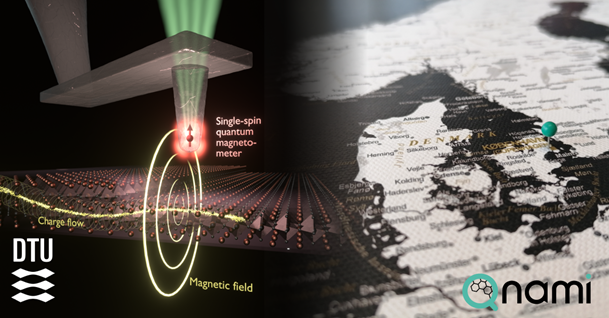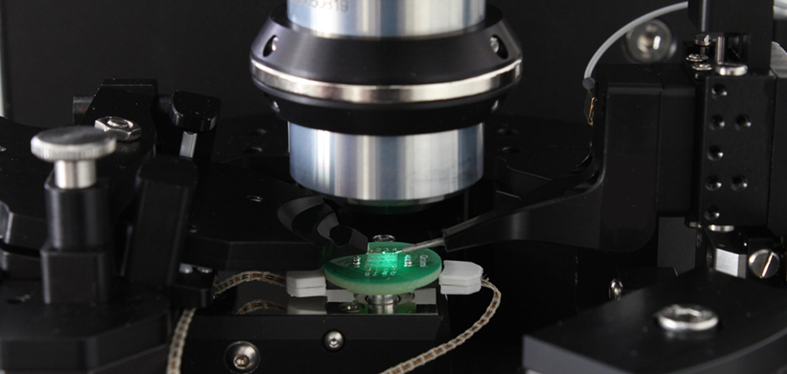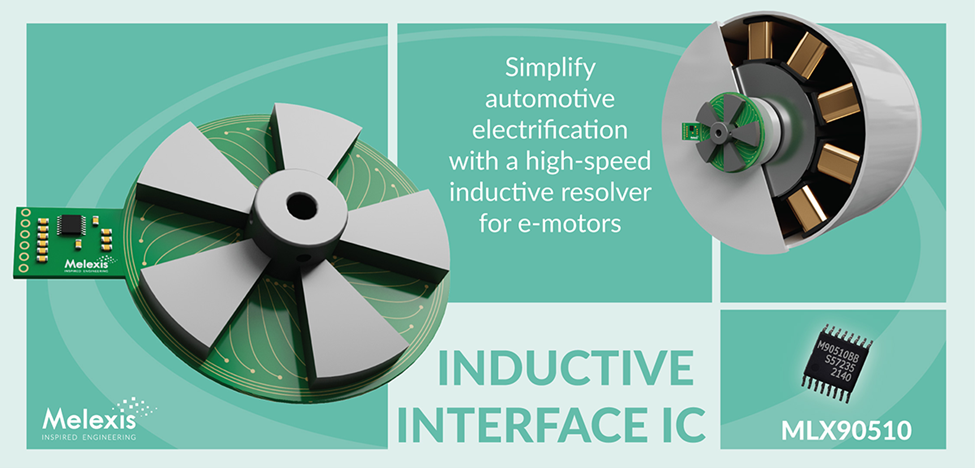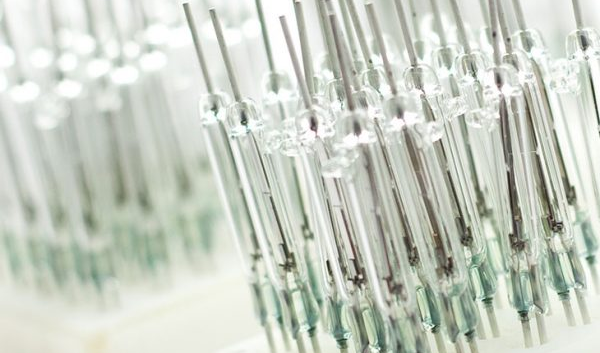
Swiss scientific instrumentation developer Qnami has been awarded a contract by the Technical University of Denmark to build a magnetometry system that will be the first such low-temperature nitrogen-vacancy (NV) system in Scandinavia. It will become one of the core instruments in a central lab operated by the university’s Department of Energy Conversion & Storage, open to research groups throughout Scandinavia. They will use the instrument to measure weak magnetic and electrical fields and characterize the flow and spin of charges at temperatures varying from room temperature down to 2K.

“The NV magnetometer paves a new avenue for us at DTU Energy, which provides a unique way of advancing our knowledge of transport mechanisms and magnetic properties in energy devices, 2D materials and functional oxide membranes,” said Dr. Christensen, senior researcher at DTU. “We are particularly excited about exploring the capability of the scanning NV magnetometer to visualize current distributions buried inside solid matter with nanoscale spatial resolution, which has been a long-standing challenge for us.”

“As pioneers ourselves, we are happy to enable researchers to push the frontiers of science by lowering the barriers of our scanning NV technology. We are excited to open this path to the vibrant research community in Scandinavia,” said Marco Nordmann, product manager at Qnami.
An outgrowth from research at the University of Basel, Qnami develops quantum sensing technology using quantum mechanics, focused on the control and measurement of the state of a single electron to enable new levels of measurement. NV centers are naturally extremely powerful sensors. When a single NV center is used to measure local properties by scanning it over a surface, notes the company, a wide range of applications can be unlocked from electrical and magnetic-field sensing to quantum information processing and bioimaging.

In March 2022, Qnami launched the first accessory for its hallmark instrument ProteusQ. It allows scientists to apply external currents or voltages to their samples with performing scanning NV measurements, enabling investigation under working conditions. Researchers have used it to perform transport measurements in 2D materials, to characterize the effect of voltage-induced strain on magnetic textures at the nanoscale, and to electrically switch antiferromagnetic domain in magnetic memory devices. For more info, see www.qnami.ch and www.dtu.dk.



